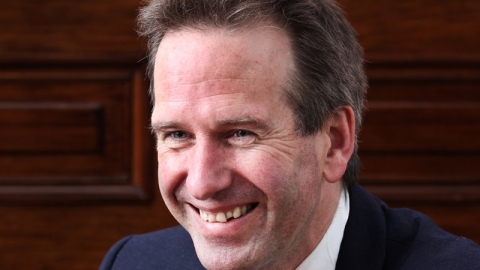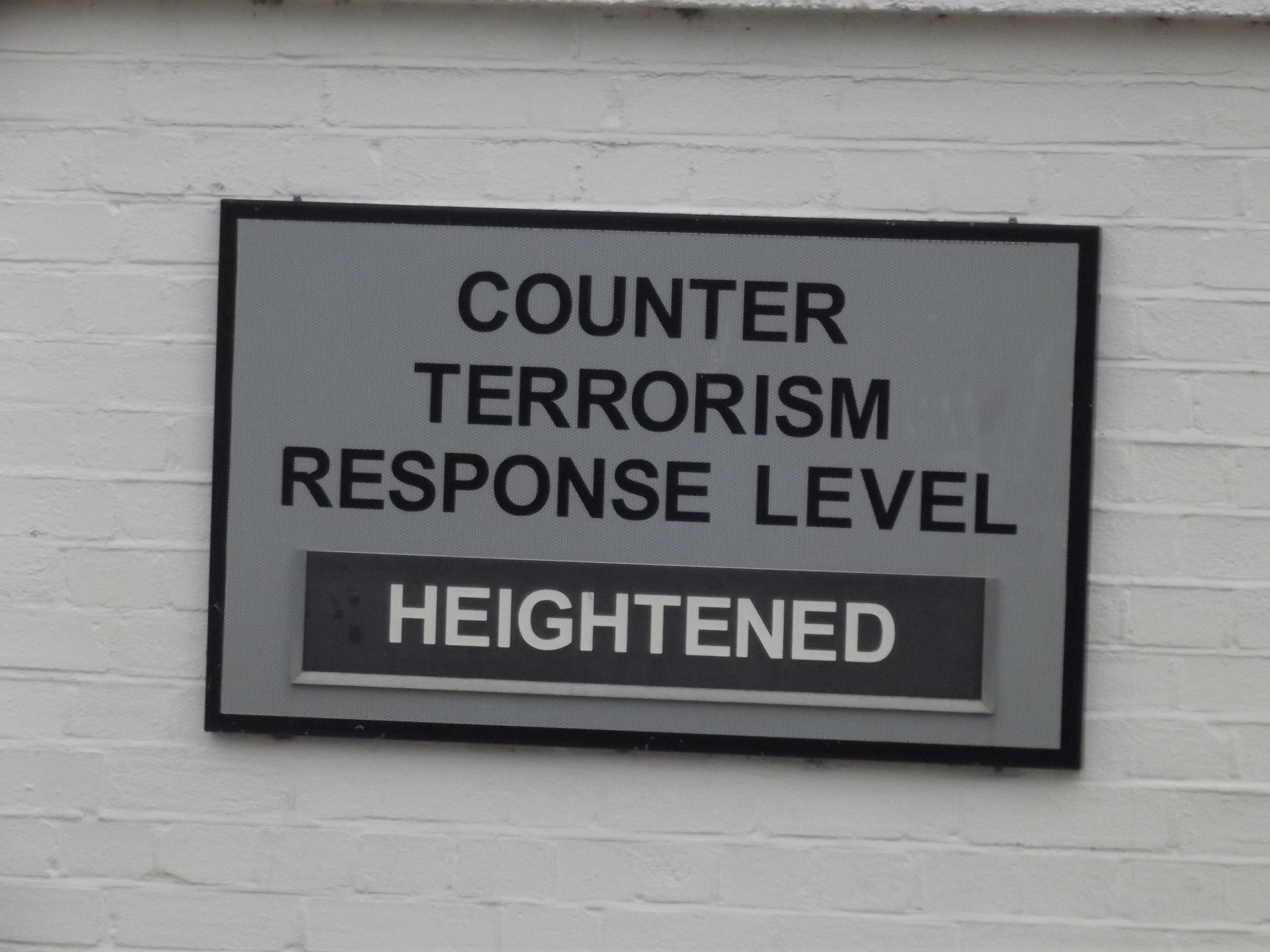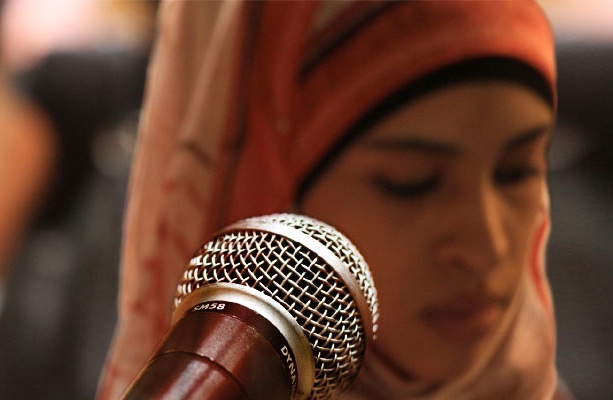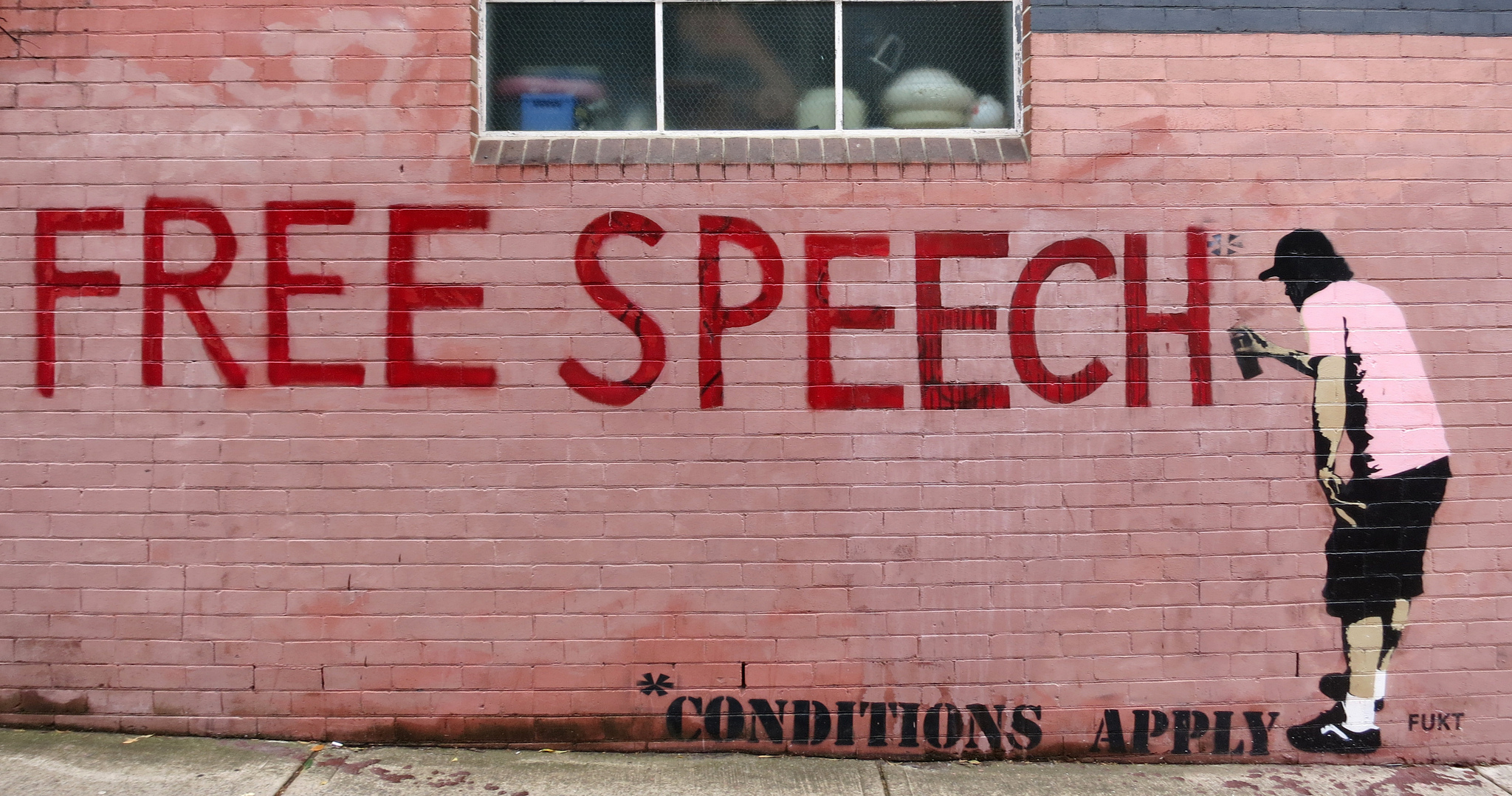Last week the Henry Jackson Society published its Report on extremist external speakers at London Universities. The Report concluded that many institutions are allowing extreme or intolerant speakers without ensuring adequate challenge from counter-balancing speakers.
Professor Roland Dannreuther is Deputy Vice-Chancellor at the University of Westminster in London. He talks to RightsInfo in his personal capacity about safeguarding student safety and freedom of expression.
What is the law in the area of external speakers at Universities?
“One of the principal objectives of the University (set out in the Education Act 1986) is to ensure freedom of speech. That’s a very core part of the university tradition.
However, there are clearly other legal obligations and responsibilities. We have a duty of care to our staff and our students. We have to abide by the Equality Act to ensure we don’t discriminate. We also have the Prevent Strategy, which sets out a responsibility to have due regard that students are not being ‘radicalised’.”
So how does this relate to human rights?

Roland Dannreuther
“We have to ensure that, whilst we are working within the Guidelines of Prevent, we also allow freedom of speech, which sometimes involves people saying things which might be perceived to be offensive. We also have an obligation to ensure that speakers don’t do things which are unlawful, such as incitement to hatred or incitement to terrorism.
It’s a complex area. We’re trying to balance our obligations in relation to freedom of speech and ensuring that Universities maintain their traditions of pluralism, diversity and tolerance and that we fulfil our responsibilities in relation to the security of the state, particularly in relation to the threat of terrorism.”
Why is protecting freedom of expression so crucial in Universities?
“Freedom of speech is a cornerstone of our society. If universities can’t be the places where people can engage with difficult, controversial topics, to express themselves and to critique others, then we don’t really have a free society. We always have to be very careful that the state or other bodies don’t constrain that to an extent whereby you lose those vital freedoms.”
What does Westminster do to protect the students’ safety?

“We ensure that if someone is a potentially controversial speaker – because of views expressed in the past or if they have alleged connections to terrorism – then we address that. We look at each case and make a determination about whether that person should be permitted to speak to us.”
What is that determination based on?
“It’s determined on the basis of whether they are going to do something unlawful. If they were going to promote a terrorist organisation or to incite hatred or violence then clearly it would be unlawful for us to permit that.
Where it is controversial, but still lawful, we have a duty to make sure that there is a balanced platform, someone else who will give a different perspective and provide some critique.”
How do you select that counter-balancing party?
“Well, for example, there was a student union debate about the Prevent Strategy. On that panel we had two people from the Muslim community, who took the view that this was a policy directed against their communities and was discriminatory. On the other side we had Rupert Sutton, the person who directed the Henry Jackson Society’s Report.
You don’t just allow one person to present their view, you have a debate and people can see different sides. We also have to make sure the University doesn’t just become a vehicle for a particular view to dominate.
The report said that it is not enough for Universities to say that ‘the events were legal’ or they do not believe any of the content was extreme. What do you make of this?

“You would have to look at this on a case-by-case basis. Within our University we have quite robust procedures to identify a potentially controversial speaker. We would ensure that there is a recording and that they first sign up to our codes of conduct. We would also interview potentially controversial speakers to make sure we are satisfied that they are going to speak lawfully.”
Thank you, Roland.
You can learn more about freedom of expression with our RightsInfo resources, such as our Free Expression poster, our ‘What Human Rights Do For Speech & Protest’ infographic and our free speech and protest stories.







